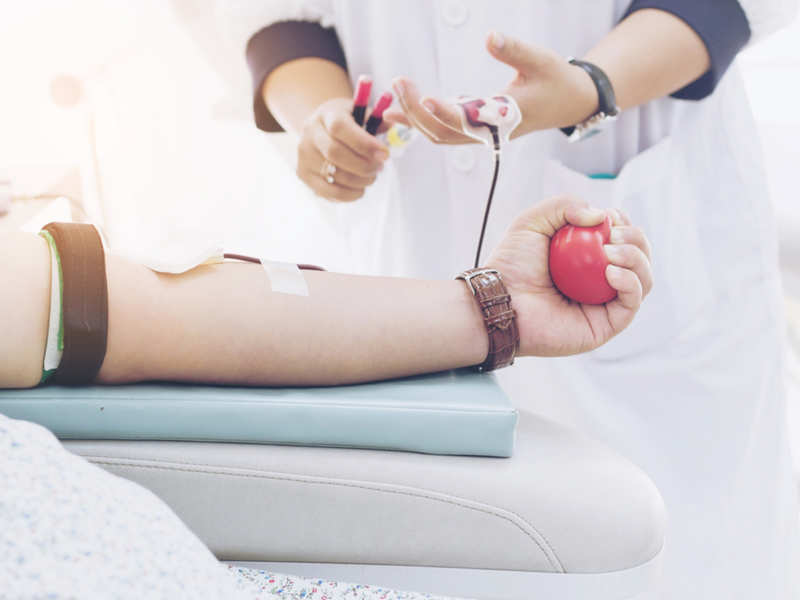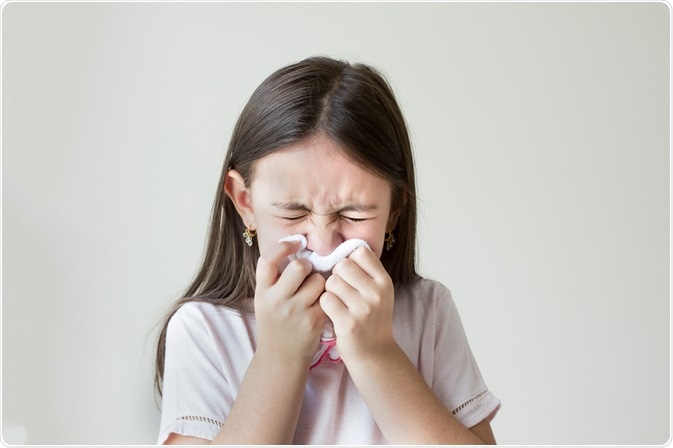
Why Aren’t Blood Centers Testing Donors For Sars-CoV-2?
The Food and Drug Administration continues to collaborate closely with the Centers for Disease Control and Prevention (CDC) and other federal and international agencies to monitor the coronavirus disease 2019 (COVID-19) pandemic caused by the virus SARS-CoV-2. Most respiratory viruses are not known to be transmitted through blood transfusions, and this is especially true for influenza viruses. There have been no reported cases of coronaviruses, including SARS-CoV-2, being transmitted through blood transfusions anywhere in the world. Individuals suffering from clinical respiratory infections are barred from donating blood due to the standard procedures used to determine their eligibility. Those wishing to donate blood, for example, must be in good health and have a normal temperature on the day of the donation.
What Are The Signs And Symptoms Of Covid-19 Infection?
Fever, coughing, and shortness of breath are just a few of the symptoms that can accompany the coronavirus.
The severity of these symptoms will vary from person to person, though the majority of those infected with coronavirus will only experience mild to moderate symptoms that do not necessitate medical treatment.
Why Is It So Important That I Continue To Donate Blood During This Time?
The number of people involved in car accidents, who require emergency organ transplants, who give birth to babies in critical condition, and who require chemotherapy will continue to rise even during the pandemic. This includes people we know personally. In a nutshell, there will still be people whose lives must be saved.
The Risk Of Contracting Coronavirus When Donating Blood Is Discussed.
It is not known whether COVID-19 poses a particular risk to blood donors during the donation process or while attending blood drives.
Blood donation is a safe procedure, and we have taken additional precautions to ensure your safety at present. Please keep in mind that, because blood donors must be in good health and free of fever on the day of donation, the risk of exposure to a sick person is lower at a blood drive than at a hospital.

Before Donating, Consider The Following
You should visit the National Blood Center website to register, make sure you meet the eligibility requirements, and find out where the nearest blood donation site is to your location. Make sure you’re well rested by getting at least five hours of sleep. Make sure to drink at least eight glasses of water per day to stay hydrated. If you were a former Covid-19 patient, you will only be permitted to donate blood for the first 14 days following your recovery. Vaccine recipients who have not experienced any adverse events after vaccination (AEFI) are eligible to donate blood seven days after their vaccination appointment. Those who have experienced AEFI are eligible to donate after seven days of recuperation. If you are not sure about the type of vaccine you received, you can visit jenis vaksin covid 19 to learn more.
This Occurs On The Day Of Your Donation.
Eat a meal at least four hours before your scheduled appointment.
Dress in loose-fitting clothes. If you are wearing long sleeves, make sure they can be folded up until the upper part of your arm is exposed. Bring your identification card, driver’s license, or passport with you for registration and identification. Drink plenty of fluids while you’re waiting to be called to donate blood. To determine your blood group and hemoglobin levels, you will have your finger pricked. You can ask any questions you have about the donation to a healthcare professional during your consultation session before the donation. Only 10 minutes will be spent on the actual blood drawing procedure itself.
After Donating,
Take advantage of the light refreshments provided for approximately 15 minutes before continuing with your day. Make sure to stay hydrated after leaving the blood donation site by drinking at least eight glasses of water per day after leaving the blood donation site. Ensure that you get plenty of rest, especially in the first four hours following your donation. Donors are advised not to lift heavy weights or engage in strenuous exercise for the next six to eight hours to avoid bruising or swelling at the injection site following the procedure. Consuming alcoholic beverages and being exposed to direct sunlight should be avoided for the next 24 hours to avoid dehydration. Put all activities on hold and either sit or lie down until you feel better if you start to feel dizzy or have a headache. As soon as you notice that you are feeling unwell, seek immediate medical attention at the nearest health clinic or call the National Blood Center at 03-2613 2688 for assistance.
It’s advisable to take Covid 19 Vaccine.



